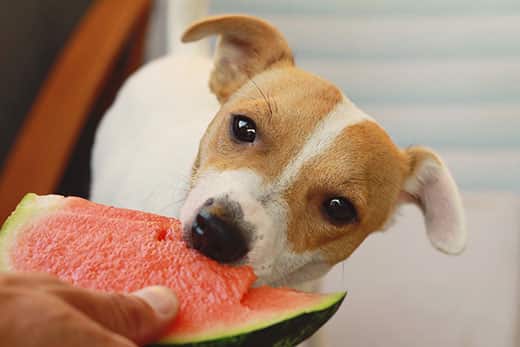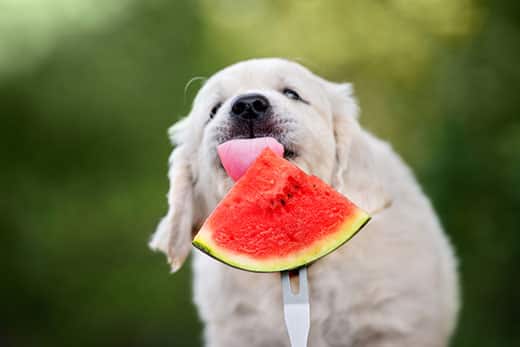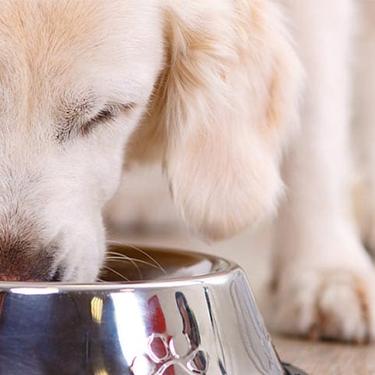
-
Find the right food for your pet
Take this quiz to see which food may be the best for your furry friend.
Find the right food for your pet
Take this quiz to see which food may be the best for your furry friend.
Featured products
 Small & Mini Savory Stew with Chicken & Vegetables Dog Food
Small & Mini Savory Stew with Chicken & Vegetables Dog FoodA delicious complement to the nutrition of Science Diet Small & Mini 7+ dog food
Shop Now Adult Healthy Cuisine Roasted Chicken, Carrots & Spinach Stew Dog Food
Adult Healthy Cuisine Roasted Chicken, Carrots & Spinach Stew Dog FoodDelicious roasted chicken paired with tender vegetables in a succulent stew
Shop Now Adult 7+ Perfect Digestion Chicken, Whole Oats & Brown Rice Recipe Dog Food
Adult 7+ Perfect Digestion Chicken, Whole Oats & Brown Rice Recipe Dog FoodScience Diet's breakthrough nutrition supports ultimate digestive well-being & healthy microbiome for dogs age 7+
Shop NowFeatured products
 Adult Savory Entrée Can Variety Pack Cat Food
Adult Savory Entrée Can Variety Pack Cat FoodPrecisely balanced nutrition with the delicious taste of savory minced chicken to help fuel the energy needs of cats during the prime of their life
Shop Now Adult 7+ Tender Tuna Dinner Cat Food
Adult 7+ Tender Tuna Dinner Cat FoodWith delicious chunks in a decadent gravy
Shop Now Adult 7+ Senior Vitality Chicken & Vegetable Stew Cat Food
Adult 7+ Senior Vitality Chicken & Vegetable Stew Cat FoodImproves Everyday Ability to Get Up & Go
Shop Now -
Dog
- Dog Tips & Articles
-
Health Category
- Weight
- Food & Environmental Sensitivities
- Urinary
- Digestive
- Joint
- Kidney
-
Life Stage
- Puppy Nutrition
- Adult Nutrition
- Senior Nutrition
Cat
- Cat Tips & Articles
-
Health Category
- Weight
- Skin & Food Sensitivities
- Urinary
- Digestive
- Kidney
-
Life Stage
- Kitten Nutrition
- Adult Nutrition
Featured articles
 Why Are Dogs and Cats So Cute?
Why Are Dogs and Cats So Cute?If waggy puppy dog tails and furry kitten yawns make you swoon, you're not alone. Why are cats so cute? And, dogs too! Let's find out!
Read More Do Dogs and Cats have Belly Buttons?
Do Dogs and Cats have Belly Buttons?Learn whether cats & dogs have belly buttons like humans, what the function is, and if there are any health concerns associated with it.
Read More Does My Pet Hate Me?
Does My Pet Hate Me?Learn tips for bonding with your pet if you've ever thought, 'My dog doesn't like me, or 'Why do I have a standoffish cat?'
Read More -


Can dogs eat watermelon? It's a delicious picnic staple, sure, but is watermelon safe for dogs? If you enjoy this juicy treat but have stopped short of sharing it with your pooch, for fear that it might not be good for them, your instincts were partially correct. Watermelon can actually be a healthy dog treat — if it's fed to them correctly.
Can Dogs Eat Watermelon?

The fleshy pink fruit of a watermelon is loaded with healthy nutrients that are as beneficial for humans as they are for our canine companions.
Watermelon is rich in potassium and vitamin C, and it's also a great source of vitamins A and B6, according to Dogtime. It also contains fiber, which can aid healthy digestion. This fruit contains no cholesterol and almost no sodium or fat. While watermelon does contain sugar, it is mostly made up of water, and should not cause any unhealthy spikes in blood sugar. Because it's 92% water, it makes it both a sweet treat and a creative way to help your dog stay cool and hydrated during the summer..
Is Watermelon Safe for Dogs?
The flesh of a watermelon is a safe and nutritious treat for dogs, but the other parts of the fruit aren't all right for your pooch to eat. According to the American Kennel Club, if dogs swallow watermelon seeds, the seeds can cause an intestinal blockage — which is not only painful for your dog but could become serious enough to require surgery to correct.
While a seed or two is unlikely to cause health problems for large dogs, it doesn't take many of them to cause a blockage in small dogs.
It's also unwise to give your dog the rind — the hard green outer skin of a watermelon — as ingesting it can cause gastrointestinal distress that triggers vomiting or diarrhea. While the fruit of the watermelon is a healthy snack in small quantities, eating too much of it could also give your dog an upset stomach.


Tasty Tips
How to Feed Your Dog Watermelon (& What to Avoid)

So how should you share this treat with your canine companion? Here are a few guidelines to follow when feeding watermelon to your dog:
- Only give your dog seedless watermelon or pieces of watermelon from which you've removed all of the seeds.
- Scoop out the fruit with a melon baller or cut it into small bites, being careful to remove any part of the rind.
- Only give your dog real watermelon. Artificially flavored watermelon treats or candy might contain other ingredients, added sugars or artificial sweeteners that could harm your pup.
Treats of any kind should make up no more than 10% of your dog's daily calorie intake, according to recommendations from Preventive Vet. Whatever the size of your dog, follow this rule when determining how much watermelon you should feed them, keeping in mind that one cup of diced watermelon contains 45.6 calories. And keep in mind that while your dog might be looking up at you with those big puppy-dog eyes, dogs are perfectly content eating their same dog food day-in and day-out. So, while you may be tempted to give-in on occasion, your dog is better off getting their nutrients from their every day pet food. And before feeding your dog any human food, make sure to double-check with your veterinarian to make sure that it is okay. While watermelon can be a healthy treat for many dogs, it's best to confirm that it won't negatively effect your dog's unique digestive system.
So the next time you're at a picnic, you can rest easy sharing a few bites of seedless watermelon with your dog. As long as it's given safely and in moderation, watermelon as a dog treat is hard to beat.


One of our staff authors prepared this article for you
Related products
Related articles

Learn how today's wet dog food blends have gotten a face lift, and how you'll provide your dog the nutrition he needs in the form he loves.

Learn the the dangers of feeding your dog chocolate, which types are most dangerous, and what to do if you discover that they have consumed chocolate.

Proper nutrition for your pregnant or nursing dog is vital to her and her puppy's health. Learn what you should do provide her with the proper nutrients.

Learn about choosing the right dog food to help ensure your adult dog will receive the correct balance of nutrition.

Put your dog on a diet without them knowing
Our low calorie formula helps you control your dog's weight. It's packed with high-quality protein for building lean muscles, and made with purposeful ingredients for a flavorful, nutritious meal. Clinically proven antioxidants, Vitamin C+E, help promote a healthy immune system.
Put your dog on a diet without them knowing
Our low calorie formula helps you control your dog's weight. It's packed with high-quality protein for building lean muscles, and made with purposeful ingredients for a flavorful, nutritious meal. Clinically proven antioxidants, Vitamin C+E, help promote a healthy immune system.

